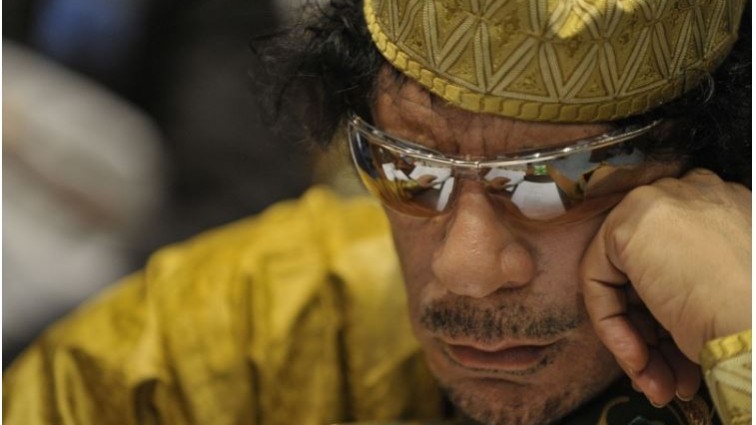Libya’s collapse is changing North Africa

Since the Western intervention and the toppling of Muammar Gaddafi in 2011, Libya has slowly swirled into lawlessness, providing unprecedented opportunities for migrants and traders throughout the Sahel. The collapse of Libya as a state meant an unprecedented shift of power to the south, giving rise to unlikely alliances between nomads and terrorists, and emboldening a thriving illegal trade.
As the country itself split into rivalling entities city-state, regional dynamics are pushing towards the emergent of new routes across the Sahara desert, creating a network of alliances and rivalries that is changing the Sahel region. Three networks, all closely intertwined, have emerged out of the Libyan conflict: trade, smuggling and militant routes. This article aims at examining how they overlap.
Trade routes
Libya proved to be a fertile ground for the Islamic State (ISIS) after the emergence of two competing separate governments; the internationally recognized government of Libya, based in Tobruk, and the General National Congress, based in Tripoli. In reality, the division of power is much more subtle, with dozens of militias defending their own smaller city-state, constantly forging alliances that span tribal, ethnic, religious and military lines. At the core of it all, of course, is business.
The Sahara’s vast expanse has been a vital economic crossroad even before the Roman Empire, culminating in a prosperous trade in the 15th century before slowly falling under the imposition of arbitrary colonial lines. The removal of Gaddafi, a keen ethnic divider, helped restore it. A new flourishing trade, smuggling goods north and south, has brought militants, migrants and water north, while bringing cheap petrol being smuggled to Niger and Chad.
In 2015, the International Business Times noted: “the scale of the illicit network trading people, drugs, weapons and fuel is so vast and so lucrative that it encompasses all factions and groups in Libya’s divisive civil war”. The Fezzan region is at the core of this booming lawlessness; Sabha, the capital of this province, has become a lawless transport hub, with stakes high enough to cause infighting between Tuaregs and Tebu, as in the 2015 clashes, which led to 40 killed in the city. According to an activist who spoke to the IBT, the Tebu smuggle both migrants’ drugs, as most smugglers do.
“The smuggling networks are intertwined and their common ground is economic. It is all about making money. That’s what it is all about for these groups.” Says Mohamed Eljarh, non-resident fellow at the Atlantic Council’s Rafik Hariri Center for the Middle East. So much so that Al-Qaeda in the Islamic Maghreb (AQIM) and Al-Mourabitoun (The Sentinels) have taken to intermarry with the Tuaregs and Berabiche tribe in a symbiotic enterprise that has allowed them to facilitate trade in cocaine, cannabis and tobacco.
Militant routes
Given the two rival governments inability to curb islamism, it is no wonder that Libya attracted the Islamic State. But other salafist organizations also benefit from the overall lawlessness of the country, such as Ansar al sham. As a result, experts consider the country an ideal training ground for Salafists, preparing for attacks in Egypt and Tunisia as well as in Western Europe.
Broader regional problems also explain the flow of militants who joined Libya’s numerous militias. According to the Geopolitical Monitor, “high unemployment in Algeria, a two-front fight against extremism in Niger and many disaffected youth in Tunisia and Egypt account heavily in the country’s inflow of foreign fighters.”
Southern Libya, over which neither of the two de facto governments have power, has effectively become a no-man’s-land, with local tribes taking an active role in the jihadist agenda. In 2014, Nigerian Interior Minister Massoudou Hassoumi referred to southern Libya as “an incubator for terrorist groups“. According to Critical Threats, ISIS uses the same established smuggling routes for bringing its own new recruits.
The Tuareg and Tebu tribes, alternatively exploited and marginalized by Gaddafi, found empowerment in the collapse of his regime by filling the power vacuum in Southern Libya, resulting in tactical alliances with various smuggling groups. Further south, the Libyan spillover has emboldened local regionalist groups, many of which pledged allegiance to ISIS, including Boko Haram.
Политика конфиденциальности | Правила пользования сайтом








